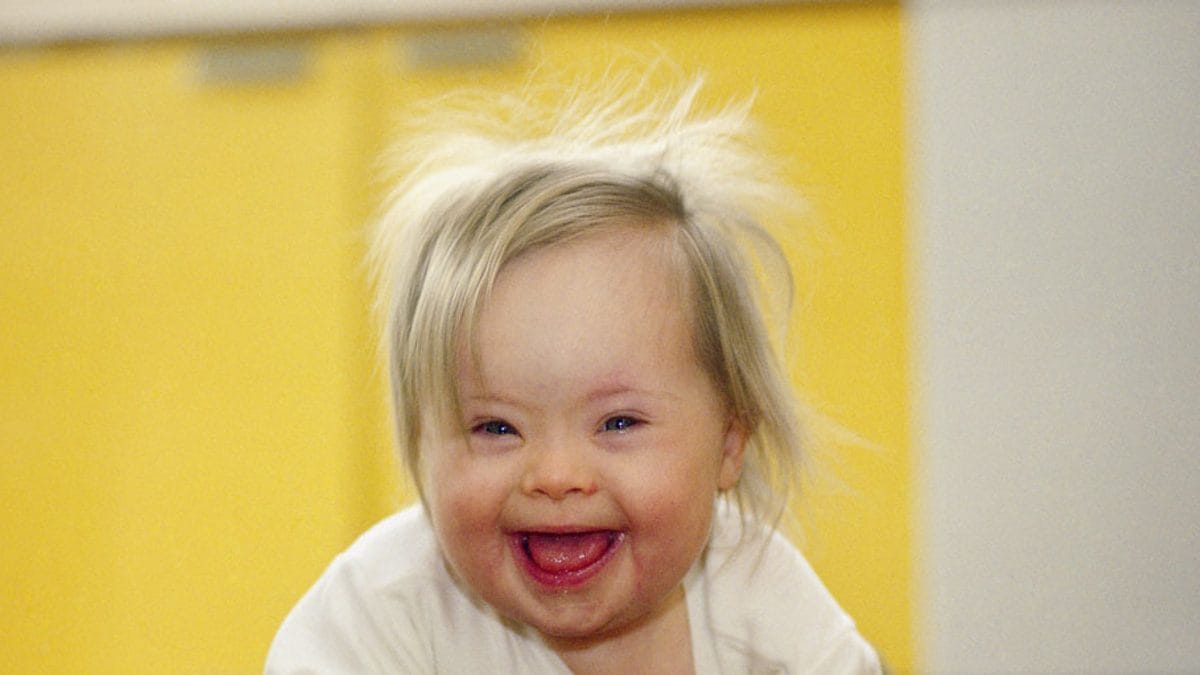Down Syndrome: Know about its Symptoms, Causes and Diagnosis – News18

A chromosome produces excess genetic material as a result of faulty cell division, which results in the genetic disease known as Down syndrome.
Down syndrome is a rare disease which is caused due to a genetic disorder in which is caused by an extra chromosome in the cell.
Down syndrome, also known as Trisomy 21, is a genetic disorder in which the impacted person has an extra chromosome. It causes slow intellectual growth. It was named after British physician Dr John Langdon Down who first referred to it as a syndrome. Generally, a person has 46 chromosomes in each cell but when a person is going through Down Syndrome, he or she will have 47 chromosomes. A person suffering from the condition carries an extra copy of the 21st chromosome.
Signs of Down Syndrome
People suffering from Down Syndrome always have intellectual and physical disabilities. Their mental growth is typically similar to an eight or nine year old irrespective of the age. However, their emotional and social awareness is very high. They generally achieve mental and physical develop stages at a later stage. They have a high risk of health issues like a congenital heart defect, epilepsy, leukemia, and Thyroid diseases.
People with Down syndrome have physical features like a small chin, epicanthic folds, small dysplastic ears and short necks, among others.
The majority of patients suffering from Down Syndrome will have an Intelligent Quotient (IQ) in the mild to moderate range. Children suffering from Down syndrome will encounter difficulty in toilet training, feeding, and sleep patterns compared to normal children. The patients have poor language and communication skills. They exhibit pleasant behaviour; are affectionate and quite social.
Many patients with Down syndrome have autistic features. The majority of patients with Down syndrome may show the signs of Alzheimer’s disease by 40 years of age.
Causes
The cause behind an extra chromosome is still unknown. Majorly the syndrome is caused by a mistake in cell division during the early development of the fetus. It is caused by three copies of genes on chromosome 21 rather than the usual two. The parents of affected individuals are genetically normal. Robertsonian, translocation, isochromosome or ring chromosome are common mechanisms through which Down syndrome can occur.
Diagnosis
Down syndrome can be diagnosed through post-natal diagnosis and Antenatal screening and diagnosis. Post-natal diagnosis is a clinical diagnosis. Karyotyping remains the most effective diagnosis that detects extra copies of chromosome 21. Antenatal screening and diagnosis can be done during the first or second trimester of the pregnancy.
For all the latest lifestyle News Click Here


